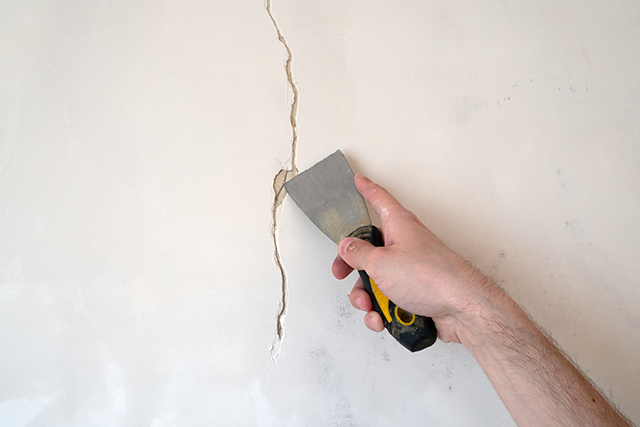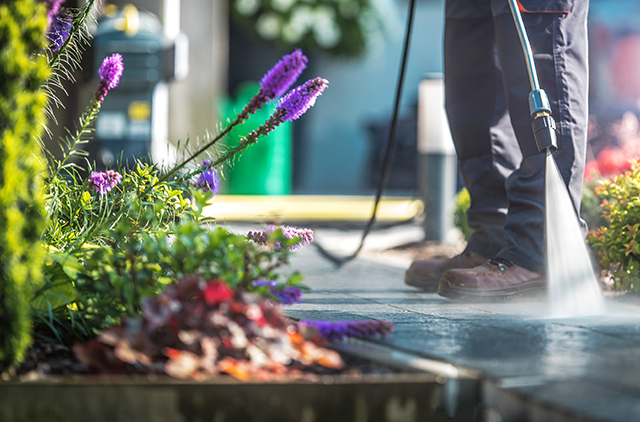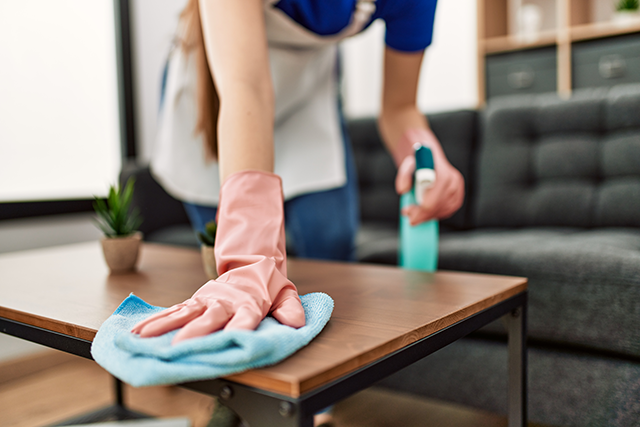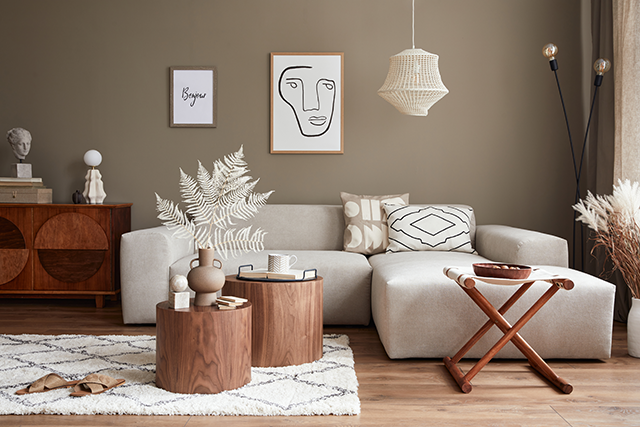How regular maintenance protects your home's resale value
Category Advice
Unless properly maintained, property can become dated and in need of repair. This will lead to lower asking prices once the home goes up for sale. To prevent this, homeowners are encouraged to find ways to help a property maintain its value over time.
READ: Get ready for Spring: 3 tips to refresh your home, 5 scents to make it smell good
According to Adrian Goslett, Regional Director and CEO of RE/MAX of Southern Africa, there are many aspects that affect a home's value over time - many of which are outside of a homeowner's control, like the demand for a suburb or the greater economic conditions.
"However, what is within a homeowner's control is the overall condition of the home. By making sure that the home is as appealing as possible to potential buyers, homeowners will protect the resale value of their home and safeguard their investment," Goslett notes.
The first step to safeguarding a home's resale value is to maintain the home over time, which can help avoid larger repair issues down the road. RE/MAX of Southern Africa shares some of the common maintenance tasks that homeowners need to see to on a regular basis:
Chips, cracks, and holes

It can be easy to ignore a small crack on the wall or a patch of chipped paint here and there. The problem is that these small defects can either grow larger or can accumulate over time, which can make a home look scruffy and uncared for. It is better to touch up any of these defects as soon as they appear rather than delaying the repairs until it becomes a bigger problem.
Regular garden maintenance

The home's exterior is so important. Not only is the first impression a buyer will get of the home, but it is also often the first place where damage can occur. Apart from seeing to the lawn and doing regular weed maintenance, homeowners should be clearing out gutters and inspecting the roof to guard against potential leaks or water damage making its way to the home's interior.
Cleaning that goes beyond the normal routine

Every so often, it is advisable to do a deep clean of the home. Get any fitted carpets professionally cleaned; do a deep clean of all cupboards to make sure nothing has spilled or caused damage; clean all windows; scrub the grout between the tiles, and polish any metal fittings (doorknobs, handles, etc.) that are looking cloudy.
Lastly, Goslett mentions that it is useful to keep an eye on home décor trends and to try and slowly update things where you can. "Sometimes just small updates, like painting cupboard fronts in a new colour or replacing faucets, can make a big difference to how modern a home feels," he notes.

He adds that leaning on the advice of a real estate professional can be useful in this regard. "An agent will know what features buyers are looking for in the area and can point out if things in your home might need updating. Real estate agents are also able to keep you updated on the average selling prices in your suburb and can let you know how your home is appreciating in value over time - it's definitely worth developing a good working relationship with an agent to stay informed," he says.
READ: Tips: 3 ways to stay on budget when renovating your homeI
Arnold Maritz, Co-Principal of Lew Geffen Sotheby's International Realty in Cape Town's Southern Suburbs and False Bay earlier this year listsed the following as the core determinants of property value:
Location: Undoubtedly, location is the most significant factor affecting property value. A property's geographic placement dictates its desirability, influencing everything from daily convenience to long-term investment potential.
Proximity to amenities such as schools, parks, public transport, and business hubs and factors like good views can elevate a property's value. Additionally, neighbourhoods with lower crime rates and signs of economic growth are generally more sought after. However, it's essential to note that location's impact is immutable; it cannot be changed, only leveraged.
Property Size and Layout: The size of the property, including both the erf size and the usable space within the home, forms a fundamental basis for valuation. Whilst larger properties will generally command higher values, the layout also matters significantly.
A well-designed home that makes efficient use of space and volume can enhance value and features such as open-plan living areas, functional room configurations, and ample natural light also contribute positively.
Condition and Age: The physical state of a property is a crucial determinant of its market value. Properties that are well-maintained and free from major defects typically achieve higher valuations.
Regular maintenance is therefore vital to preserving value, as neglected small issues can easily lead to costly repairs and lower offers. The age of the property also affects value; while historical charm can add value, older homes may require more updates and repairs.
Market Conditions and Comparable Sales: Real estate is a dynamic marketplace and market trends and comparable sales offer insights into current property values based on empirical data.
The market approach involves comparing a property to similar recently sold properties in the area to estimate its value. Economic conditions, including supply and demand dynamics, influence these comparisons. A high demand coupled with limited supply typically drives up property values, while an oversupply can depress prices.
The Valuation Process
"It is important to note from the outset that property practitioners are not property valuers. There is separate legislation that governs professional valuers, as well as distinct qualifying and training criteria for them," says Maritz.
"A property practitioner's core responsibility and expertise lie in marketing property and negotiation between buyers and sellers. They do however need a sound understanding of the concept of value and of the different ways in which to estimate value, in order to be able to assist both parties."
READ: Tips: 3 ways to stay on budget when renovating your home
Here are some ideas for home improvement projects that pay off courtesy of Home-Dzine:
Kitchens - Kitchen remodels are among the best for recouping the cost of renovations. Modernise with new appliances, counter tops and cabinets.
Bathrooms - Adding a bathroom increases the value of your home. So does upgrading an existing one. Adding new light fixtures, vanities with plenty of storage, ceramic tile or marble, and a new coat of paint are just some of the ways to improve a bathroom.
Outdoors - Building a deck or patio enhances your enjoyment of your garden and lets you recover approximately 85 percent of the project costs in added value.
Additions - Converting an attic into a bedroom or adding a family room are great ways to add value and make your home fit your needs as your family grows.
Painting - One of the most affordable and effective improvements you can make to your home is painting both the interior and exterior. Painting maintains the beauty and value of the home.
Author: Property24


